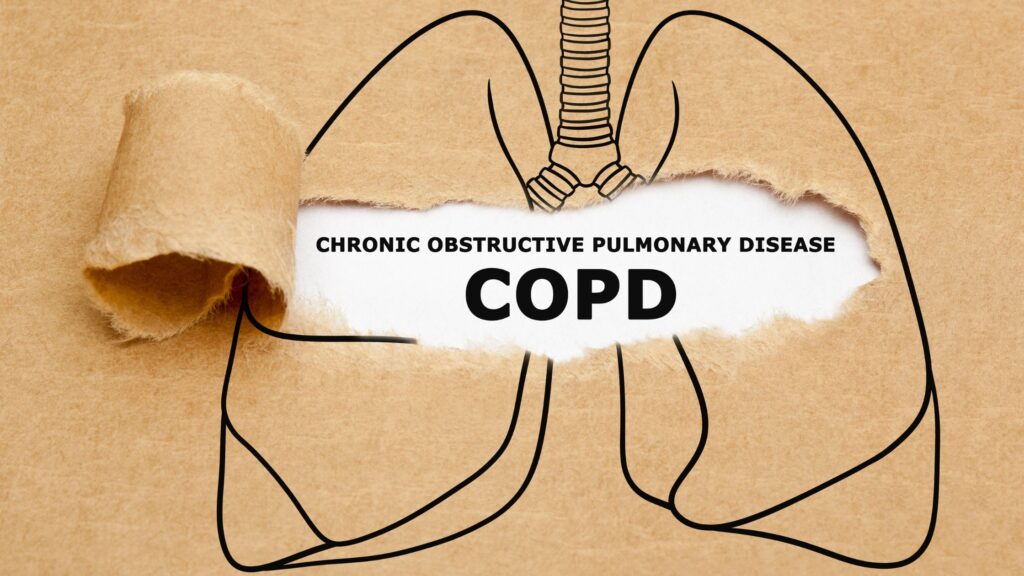

Chronic diseases like cardiovascular diseases including type 2 diabetes cancer, and chronic respiratory disease. It is responsible for more than 50% of all deaths across the globe. Additionally, One of the prevention methods is having a proper diet.

Chronic diseases are defined as conditions that last 1 year or require medical attention. Chronic disease includes heart disease, cancer and diabetes.
Moreover, Risk factors include total chronic disease risk. Some nonmedical factors are social, health, birth, life work and age.
Furthermore, Early detection helps reduce morbidity and mortality and avoid the higher cost of diseases.

Furthermore, A balanced diet and hydration help fuel your body according to your needs to perform effectively. Additionally, Having a blanched diet helps balance your nutrition makes your body prone to heart disease and helps in chronic disease prevention.
Dietary patterns which prevent chronic diseases include emphasising high-quality foods, adherence to diet and focusing on plant-based foods that reduce the risk of cardiovascular diseases.
Regular exercise helps in preventing chronic diseases like Heart disease, stroke diabetes and types of cancer. Additionally, Regular physical activities help prevent and manage non-communicable diseases. It also helps prevent hypertension, maintain body weight and improve mental health.
Moreover, Popular ways include walking, cycling, wheeling, sports and play. Regular physical activities help prevent non-communicable diseases like heart disease, stroke and diabetes.

You can prevent chronic obstructive pulmonary disease (COPD) by considering certain steps including lung diseases like stopping smoking. Furthermore, It is essential to quit smoking as it closes your lungs which leads to inflammation and clogging of airways.
Additionally, Chronic kidney disease can be prevented by awareness of disorders by controlling your blood pressure, working with health care to monitor your kidney and always taking your medicines as prescribed.
Furthermore, To prevent chronic obstructive pulmonary disease you need to quit smoking and also avoid being in any environment that has poor quality which consists of particles like smoke and dust.
Furthermore, National and international organisations in disease prevention play an essential role in implementing, sustaining, evaluating and managing key diseases to control and manage diseases.
In conclusion, adhering to dietary patterns, engaging in physical activities and maintaining acceptable weight help prevent chronic diseases. To know more about chronic disease prevention visit vitalqure.com you like the blog consider subscribing and leaving comments on your experience.
What are the most common chronic diseases?
The most common diseases experienced are hypertension, high cholesterol, arthritis and heart failure.
What are the risk factors for chronic diseases?
Some risk factors are consumption of alcohol and those who smoke daily are likely to experience chronic diseases.
How does regular exercise help in preventing chronic diseases?
Enhancing health outcomes like lowering risk factors makes it essential to prevent chronic disease.
Which chronic diseases can be prevented?
Chronic disease includes cancer, diabetes and cardiovascular disease which are leading causes of death.
How often should I get screened for chronic diseases?
It is said to have a routine checkup once every three years up to the age of 50 which helps you prevent disease.


Get the latest health tips, expert advice, and exclusive offers straight to your inbox when you sign up for the VitalQure™ email list

Stay informed about nutrition, fitness, and holistic wellness trends, and enjoy subscriber-only discounts on our premium health products.
Be the first to know about new product launches, special promotions, and events, and access exclusive content like e-books and webinars designed to empower you on your health journey.
Don’t miss out – join the VitalQure™ community now!